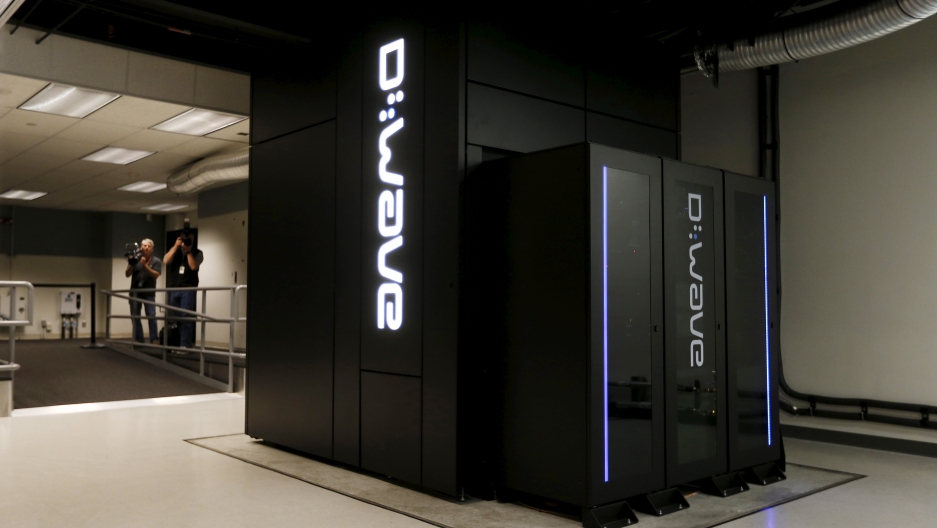Technological Einstein. Everything you need to know about quantum computers.
My article in BUSINESS INSIDER published 24th of April 2017.
Although they have been talked about since the 1980s, it has only become clear in the last few years that of quantum computers are definitely on the rise. The hype around them has been growing ever stronger. Experts have gone as far as to concede that we are about to witness a computational speedup of unprecedented proportions.
How can that be? Today’s processors comprise billions of transistors the size of a few nanometers packed into a very small space. According to Moore’s law, the number of transistors fit into a microprocessor doubles roughly every two years. Unfortunately, increases in the processing power of processors have been nearing a plateau. We are approaching the technological limits of how many transistors can be “jam-packed” into such a small space. The borderline that cannot physically be crossed is a transistor the size of a single atom with a single electron used to toggle between the states of 0 and 1.
This year may well bring a breakthrough in the development of the quantum technology. What makes the latest prediction significantly more likely to come true is the recently massive involvement in research in the field by Microsoft and Google. …
Link to the full article (in Polish)
Related articles on my blog:
– The invisible web that surrounds us, i.e. the internet of things
– According to our computers … You don’t exist
– What a machine will think when it looks us in the eye?
– Fall of the hierarchy. Who really rules in your company?
– Blockchain has a potential to upend the key pillars of our society










TommyG
Nice read
And99rew
Non-quantum algorithms that are used to analyze the data can predict the state of the grid, but as more and more phasor measurement units are deployed in the electrical network, we need faster algorithms.
CaffD
There is a real, meaningful distinction. Someone correctly clarified that distinction, and then someone else decided to tell that person that they were wrong. Somehow, that’s reasonable?
Furthermore, it’s really not reasonable to say impossible, because complexity refers to an order of growth. There are reasonable scenarios where you might want to use an exponential time algorithm on a small problem size, or throw massive compute-time and resources on a very important problem. And we do so, all the time. But you would have people believe this is impossible!
The distinction between intractable and incomputable problems is meaningful even to people who are not computer scientists. Furthermore, it is never a good idea to use the precisely wrong word. Even if the correct idea were difficult to get across, which it isn’t here, I would use a general concept or an analogy, not another word that means something specific but meaningfully different.
Norbert Biedrzycki
Regular computers can only do so much in a reasonable amount of time. It turns out, though, there are a lot of problems where if you also give the computer a way to flip a coin, it can give you the right answer nine times out of ten, and always in a reasonable amount of time; run that program five times and if it gives you the same answer every time, congratulations, you know the right answer with 99.999% probability, which most people would say is “probably good enough.”
TommyG
I’m more interested in what’s the function of that quantum comp? Does this quantum computer have HDMI? Are we streaming movies from another universe? Isn’t that piracy? Does Iron Man survive?
johnbuzz3
In quantum physics most molecules of interest contained hundreds of electrons, and each of these electrons interacted with every other electron in a quantum mechanical fashion—resulting in millions of interactions that even powerful computers could not handle.
Norbert Biedrzycki
Intractable vs incomputable are extremely important distinctions in mathematics and computability theory. Furthermore, that quantum algorithms can solve certain exponential time problems with a lower order of complexity, such as prime factorization, has been known for a long time, and using the word “impossible” misconstrues the content of this post.